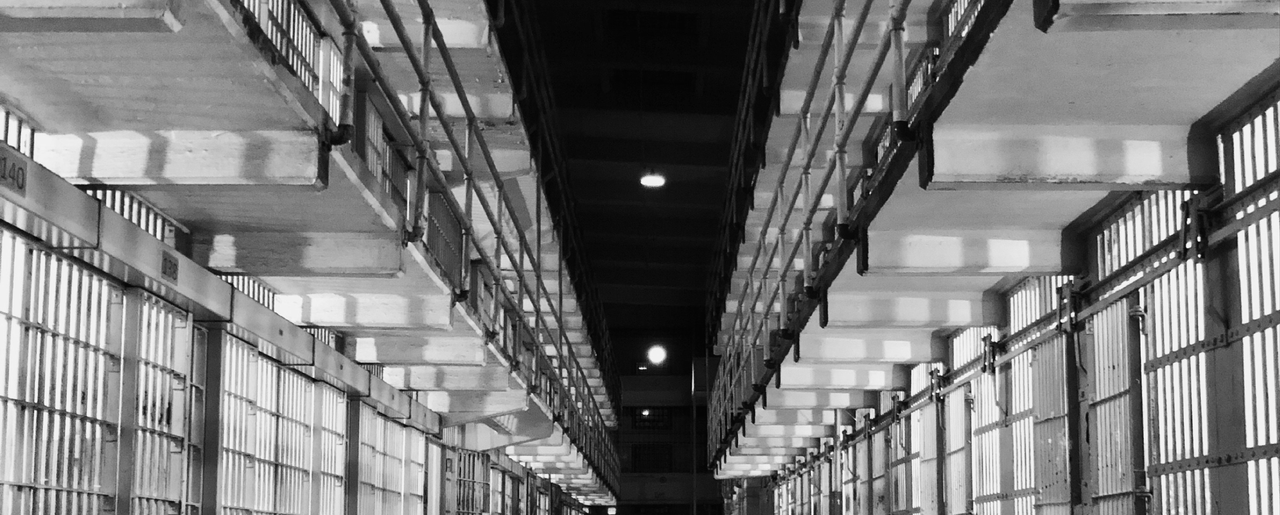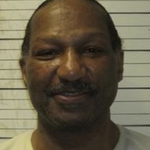Overview
The primary means of execution in the U.S. have been hanging, electrocution, the gas chamber, firing squad, and lethal injection. The Supreme Court has never found a method of execution to be unconstitutional, though some methods have been declared unconstitutional by state courts. The predominance of lethal injection as the preferred means of execution in all states in the modern era may have put off any judgment by the Court regarding older methods.
Because of a resistance by drug manufacturers to provide the drugs typically used in lethal injections, some states now allow the use of alternative methods if lethal injection cannot be performed. Controversies surrounding the method to be used have delayed executions in many states, contributing to an overall decline in the use of the death penalty.
Authorized Methods
NOTE: [Brackets] around a state indicate that the state authorizes the listed method as an alternative method if other methods are found to be unconstitutional or are unavailable/impractical.
| Method | # of executions by method since 1976 | # of states authorizing method | Jurisdictions that Authorize |
|---|---|---|---|
| Lethal Injection | 1457 | 28 states+ and U.S. Military and U.S. Gov’t In South Carolina, lethal injection may be elected as an alternative method, if available. +includes 1 state that no longer have an active death penalty | Alabama, Arizona, Arkansas, California, Florida^, Georgia, Idaho, Indiana, Kansas, Kentucky, Louisiana, Mississippi, Missouri, Montana, Nebraska, Nevada, New Hampshire*, North Carolina, Ohio, Oklahoma, Oregon, Pennsylvania, [South Carolina], South Dakota, Tennessee^, Texas, Utah, Wyoming, U.S. Military, U.S. Government *New Hampshire abolished the death penalty but the repeal may not apply retroactively, leaving a prisoner on death row facing possible execution. To find the drug protocols used by states, see State-by-State Lethal Injection. |
| Electrocution | 163 | 9 states (in South Carolina, electrocution is the default method; the other 8 have lethal injection as default method). | [Alabama], [Arkansas], Florida, Kentucky, [Louisiana], [Mississippi], [Oklahoma], South Carolina, [Tennessee] The supreme courts of Georgia (2001) and Nebraska (2008) have ruled that the use of the electric chair violates their state constitutional prohibitions against cruel and unusual punishment. Virginia had authorized the electric chair as a method of execution in some cases, but it repealed the death penalty in March 2021. |
| Lethal Gas | 18 | 9 states (all have lethal injection as default method) | [Alabama], Arkansas, Arizona, California, [Louisiana], [Mississippi], Missouri, [Oklahoma], [Wyoming] Five states (Alabama, Arkansas, Louisiana, Mississippi, and Oklahoma) specifically authorize execution by nitrogen hypoxia. Alabama and Louisiana have issued a protocol for its use. Alabama and Louisiana are the only states that have performed an execution by nitrogen hypoxia. |
| Firing Squad | 5 | 5 states (in Idaho, firing squad will be the primary method eff. July 2026; in South Carolina, electrocution is the default method; the other states have lethal injection as primary method) | Idaho, [Mississippi], [Oklahoma], [Utah], [South Carolina] |
^Both Florida and Tennessee explicitly authorize lethal injection and electrocution, but state that, if those methods are found unconstitutional, prisoners may be executed by any constitutional method of execution.
News & Developments
News
Oct 01, 2025
North Carolina Legislature Passes Sweeping Criminal Law Legislation in Effort to Restart Executions
On September 23, 2025, North Carolina lawmakers approved and forwarded to Governor Josh Stein for signature House Bill 307 — also known as“Iryna’s Law” — which proposes sweeping changes to the state’s criminal laws. HB 307 imposes stricter pretrial release conditions, requires involuntary mental health evaluations for defendants under certain circumstances, shortens the timeline for capital case appeals, and provides an alternative to the current method of…
Read MoreNews
Sep 17, 2025
Autopsy Points to Reason Behind Byron Black’s Painful Execution in Tennessee
Byron Black was executed in Tennessee by lethal injection on August 5, 2025. During his execution, Mr. Black unexpectedly and repeatedly groaned over the course of several minutes and audibly told his spiritual advisor that he was in pain. An autopsy released September 10, 2025, provides some explanation. It found evidence of“pulmonary congestion and edema”– defined as an abnormal buildup of fluid in the lungs which can produce sensations of“doom,…
Read MoreNews
Aug 28, 2025
Kentucky Governor Cites Constitutional Concerns with Execution Protocol and Drug Acquisition Issues in Refusal to Set Execution Date
This week we are featuring some articles from the first part of 2025 that we think are worth another look. We’ll be back with new articles next week. This article originally ran on February 11, 2025. In June 2025, Kentucky Attorney General Russell Coleman requested that Governor Andy Beshear set an execution date for death row prisoner Ralph Baze. In a late June 2025 reply, Gov. Beshear declined to do so because of an April 2025 Franklin County Circuit Court ruling that…
Read MoreNews
Aug 12, 2025
Arkansas Death-Sentenced Prisoners File Lawsuit Challenging Constitutionality of State’s New Nitrogen Gas Execution Law
On August 5, 2025, a group of ten Arkansas death-sentenced prisoners filed a lawsuit challenging a new state law that authorizes their execution using nitrogen gas. Act 302, which Governor Sarah Huckabee Sanders signed into law in March 2025, went into effect on the same day the lawsuit was filed. The prisoners’ lawsuit argues that the new law is unconstitutional because it violates the state constitution’s separation of powers. All ten prisoners included in the…
Read MoreNews
Jul 15, 2025
Kentucky Governor Cites Constitutional Concerns with Execution Protocol and Drug Acquisition Issues in Refusal to Set Execution Date
In June 2025, Kentucky Attorney General Russell Coleman requested that Governor Andy Beshear set an execution date for death row prisoner Ralph Baze. In a late June 2025 reply, Gov. Beshear declined to do so because of an April 2025 Franklin County Circuit Court ruling that found part of Kentucky’s execution protocol unconstitutional. Gov. Beshear indicated that several steps must be taken by the Department of Corrections (DOC) to address the issues raised by the court…
Read More

